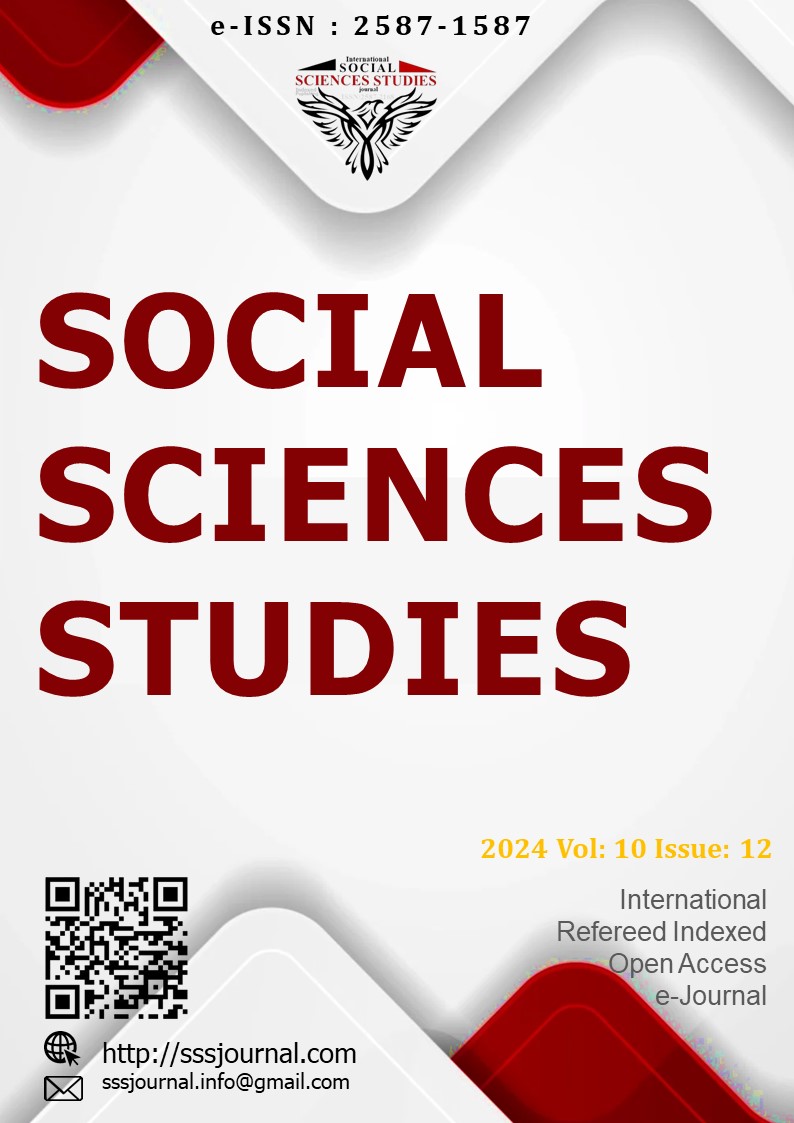Antik Birlik İlkelerinden Postmodern Atemporalizme: Sanatın Melezleşme Yönündeki Dönüşümü ve David Salle Örneği
Author :
Abstract
Aristoteles'in Poetika'da ortaya koyduğu üç birlik kuralı, Antik Yunan tragedya estetiğinin temelini oluşturarak tiyatroda zaman, mekân ve eylem birliğine vurgu yapmıştır. Bu kurallar, seyircinin hikâyeyi bütüncül bir şekilde deneyimleyerek olay örgüsünü daha iyi anlamasını sağlamıştır. Sanatta bu tür geleneksel estetik kurallardan ayrılmaya başlayan romantizm, bireysel ifadeyi ön plana çıkararak sanatçının özgünlüğünü ve kişisel deneyimlerini eserlerin merkezine yerleştirmiştir. Ardından gelen kübizm ve sanayi devrimiyle başlayan modern sanat, sanatsal üretim sürecine hazır nesneleri dahil ederek bir tür melezleşmeyi başlatmıştır. Postmodern dönemde ise dijitalleşme ve küreselleşme etkisiyle sanat, disiplinlerarası geçişler ve melezleşme kavramlarıyla çeşitlenmiştir. Sanat eserinin özerkliği ve "atemporal" üretim mantığı ise modernizmin üslup ilkesini tartışmaya açmıştır. David Salle, postmodern dönemin bu yeni estetik ve eleştirel dinamiklerini ele alırken, sahiplenmenin bir değer olarak geçerliliğini yitirdiğini öne sürmüştür.
Keywords
Abstract
The three unities proposed by Aristotle in Poetics form the foundation of Ancient Greek tragedy aesthetics, emphasizing unity in time, space, and action. These rules enabled the audience to experience the story in a holistic way, enhancing their understanding of the plot. Romanticism, which began to deviate from these traditional aesthetic norms in art, emphasized individual expression and placed the artist’s uniqueness and personal experiences at the core of the artwork. Following this, Cubism and the Industrial Revolution marked the beginning of modern art, incorporating ready-made objects into the artistic production process, initiating a form of hybridity. In the postmodern era, digitalization and globalization further diversified art through interdisciplinary transitions and the concept of hybridity. The autonomy of the artwork and the "atemporal" production logic also challenged modernist stylistic principles. David Salle, while addressing the new aesthetic and critical dynamics of the postmodern period, argued that ownership as a value had lost its relevance.





